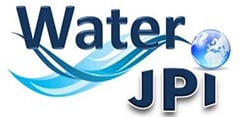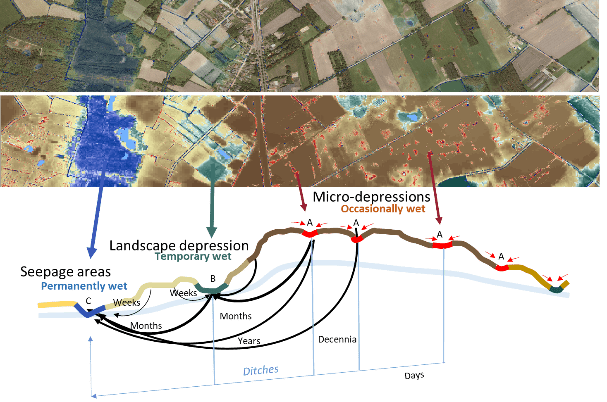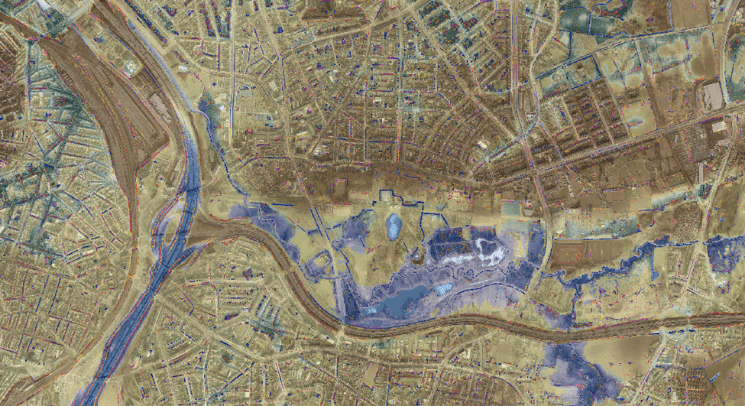University of Antwerp – ECOSPHERE

Team
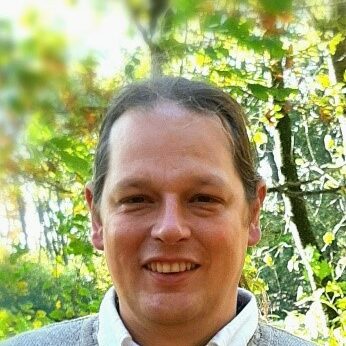
Dr. Jan Staes
jan.staes@uantwerpen.be
Jan is a postdoctoral researcher at the ECOSPHERE research group and the Global Change Ecology excellence consortium at the University of Antwerp (Belgium). He leads the Ecosystem Services team at ECOSPHERE, which focuses on methodologies and concepts to optimise the generation of ecosystem services by creating, restoring and managing ecosystems.
Our research focuses on conceptualising ecosystem functioning in relation to ecosystem services, including their landscape interactions and external forcing (e.g. climate change). My research focuses on the planning, design, modelling and monitoring of ecosystem-based adaptation measures.
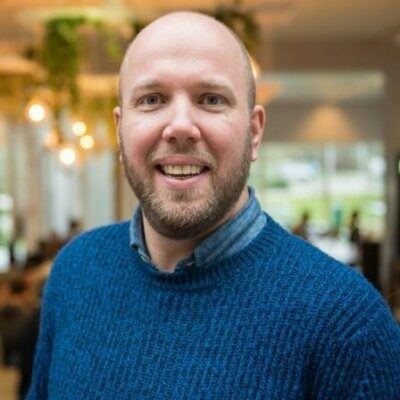
Prof. Dr. Jonas Schoelynck
Jonas’ main specialization is the role of biology in biogeochemistry and biogeomorphology of ecosystems. He studies the interaction of plants and animals with the cycling of elements in the aquatic environment and in terrestrial areas linked to that. His primary domain is thus aquatic ecology, with extensive experience with fieldwork in valleys, and manipulation experiments with plants and animals in laboratory, mesocosm and field conditions. The element he studies most is silicon (Si), because it plays a crucial role in aquatic primary production, especially in tropical wetlands (several expeditions done to African rivers and wetlands). Jonas is one of the promotors the Global Change Ecology excellence consortium at the University of Antwerp.
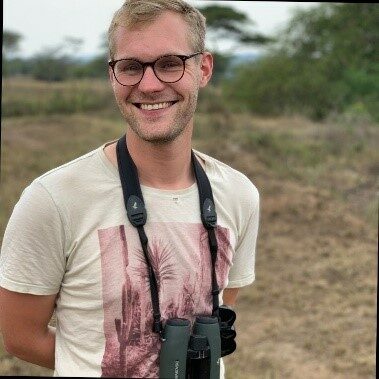
Robrecht Debbaut
Professional experience and a broad interest in monitoring campaigns where a broad set of ecological variables are monitored. This constitutes challenging work where biological field knowledge is combined with a broad abiotic understanding and which requires solid data analytical ability to understand system functioning.
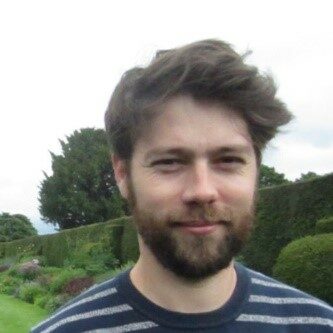
Dr. Dirk Vrebos
Dr. Dirk Vrebos develops spatial tools to calculate and evaluate ecosystem services under different land uses and management. He specializes in the technical development of these tools and focusses on the translation of theoretical models in to practical, easy-to-use tools. He was the lead developer of a high resolution, spatial explicit tool (QGIS plug-in) to assess the effects of spatial scenarios on 18 different ecosystem services in rural areas in Flanders. For the EU H2020 project LANDMARK he developed Bayesian networks to evaluate trade-offs between soil functions of agricultural soils. These Bayesian networks where used to map these soil functions across the EU and to evaluate a range of EU policies. In recent years he also co-developed GIS-tools to evaluate ecosystem services delivered by urban green infrastructure (ECOCITIES - Flanders Research Foundation, FWO).
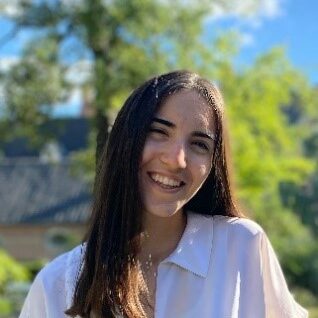
Silvia Martin Muñoz
Silvia Martín is a master student at the University of Antwerp specializing on Global Change Biology. With a degree in Biotechnology at the UPM she has worked in biological centres such as the CIB and CBGP on projects about bioplastic formation by bacteria and nitrogen-fixing plants respectively. She has worked as a volunteer in the National Park Cabañeros (Spain) in the restoration of the ecosystem and is doing her master thesis on the ecosystem services of urban aquatic ecosystems.
Role in the Project
The focus of Team UAntwerp will be on WP3 “Landscape patterns of SETs of aquaNBS”, but we will contribute to all work packages through the study sites in Antwerp.
We have extensive experience in developing spatial explicit assessment tools and will bring in this expertise in WP3. In the EU-Interreg project PROWATER, we applied a LIDAR/DEM based method for Spatial prioritisation of Ecosystem based Adaptation measures. The spatial prioritization tool depicts hydro-geomorphic patterns and water flows in an landscape. It can be applied on the BiNatUr study sites and provide guidance to the planning and design of new Nature based Solutions.
UAntwerp also developed a groundwater recharge model that quantifies runoff, interception, evapotranspiration for alternative weather scenario’s. This tool can be used to assess the water retention capacity that is need to buffer runoff under extreme weather conditions.
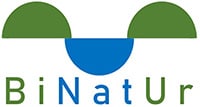
Project funders:
This research was funded through the 2020-2021 Biodiversa and Water JPI joint call for research projects, under the BiodivRestore ERA-NET Cofund (GA N°101003777), with the EU and the funding organisations The Research Foundation - Flanders (FWO), Belgium; Academy of Finland (AKA), VDI/VDE-IT, Germany; National Science Center (NCN), Poland and Fundação para a Ciência e Tecnologia (FCT), Portugal

